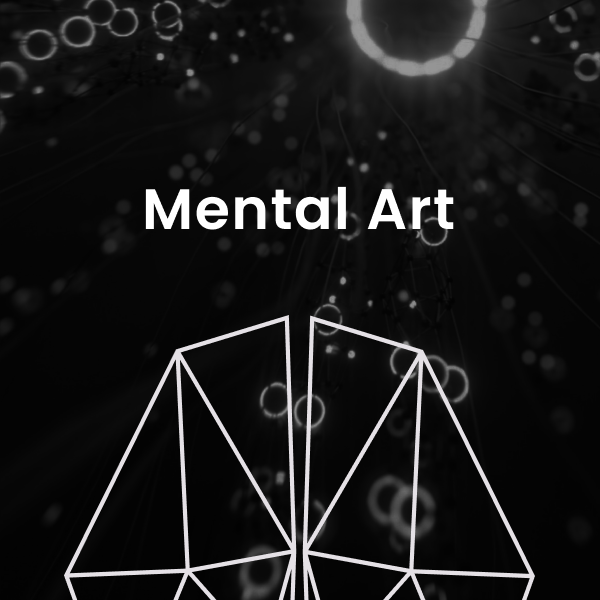

The Psychology of Shame: Projection and Introjection
2/5/2024Have you ever found yourself engrossed in a movie or captivated by a book where the narrative unfolds with bullies targeting a vulnerable girl, and her companion fails to intervene? In those moments, a peculiar emotion might have surfaced – a subtle undercurrent of vicarious shame, intricately shaped by psychological mechanisms known as projection and introjection.
Projection
There may have been instances in your life when you, too, felt fear or hesitation in coming to someone's aid. However, acknowledging this discomfort might be an arduous task. Instead of confronting this internal struggle directly, you might have unconsciously projected it onto others. It involves attributing the unease you felt to their behavior, effectively diverting the attention from your internal conflict.
Introjection
Our beliefs and values are not always intrinsic. They are often shaped by external influences, whether it be societal norms, parental guidance, or cultural expectations. These borrowed ideas become deeply ingrained in our psyche, influencing our perceptions and reactions. For example, if you've internalized the societal expectation that a man must always be brave, witnessing a man not displaying bravery might trigger feelings of shame on his behalf. Similarly, societal narratives like “all girls provoke men" can lead to experiencing shame on behalf of a woman in situations that align with such stereotypes.
To unravel the intricate dynamics at play, introspection is key. Ask yourself, "What specific aspect of this situation evokes feelings of shame within me?" By delving into these underlying psychological processes, we gain insight into our emotional responses and empower ourselves to navigate complex feelings with greater understanding.
Understanding these psychological mechanisms not only provides clarity on our emotional landscape but also fosters empathy – both towards ourselves and others. By recognizing that shame often stems from internal conflicts, whether projected onto others or introjected from external sources, we can cultivate a more compassionate approach to our own emotions and those of the people around us.




